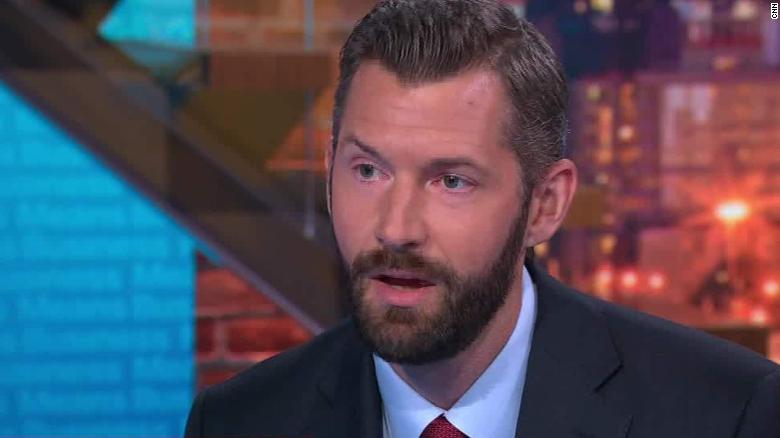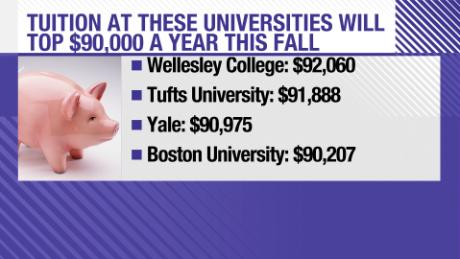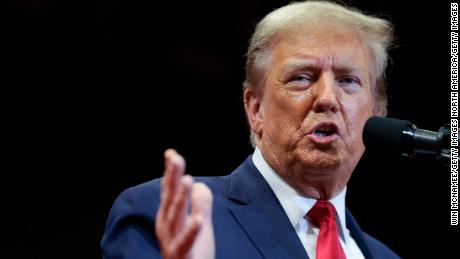New York (CNN Business)Interest rates are dropping and American mortgages are cheaper than they've been in years. The US economy is strong. That's a recipe for a booming housing market ŌĆö but it isn't booming at all.
In June, existing home sales decreased 1.7% from May and 2.2% from a year earlier. That's about on par with where home sales were in 2015. America's housing market has stagnated for four years.
Last week, the 30-year fixed-rate mortgage fell to its lowest level since November 2016, according to the Mortgage Bankers Association. The average rate on a loan below $484,350 now stands at 4.01%, while the same 30-year mortgage for a higher loan balance has a 3.96% interest rate.
Mortgage rates have fallen as the Federal Reserve cut interest rates for the first time since the financial crisis last month, and the 10-year Treasury yield fell to its lowest level in nearly three years this week. The central bank's rate cut will make adjustable-rate mortgages cheaper, while long-term loans ŌĆö like the standard 30-year mortgage ŌĆö track the 10-year Treasury yield, according to Lawrence Yun, chief economist at the National Association of Realtors.
On top of that, American paychecks are growing, consumer spending is robust and unemployment is near a 50-year low. American consumers are doing great.
So what is keeping people from buying houses?
A cheap mortgage is great, a cheap house is better
Although mortgages have become cheaper, houses haven't.
The S&P/Case-Shiller US National Home Price Index has climbed steadily over the past seven years. Since 2012, home prices have increased at about three times the pace of wages, Yun said.
"Homes are going to move out of the range of many buyers in terms of affordability, and maybe that is what we are already seeing," said Chris Rupkey, chief financial economist at MUFG.
Typically, when buyers remain on the sidelines, housing prices fall in response to lower demand. But that's not happening at the moment because the homes on the market are priced higher than where people are willing ŌĆö or able ŌĆö to buy.
The supply of new homes hasn't gone up enough for people in all income groups to take advantage of the lower mortgage rates.
This undersupply of housing has been a trend for a while.
A shortage of construction workers, has slowed new home construction, according to Yun. Slow issuance of housing permits, high material costs and trade tariffs on lumber, steel and aluminum have contributed to the issue too, he said. And many smaller home builders haven't fully come back since the last downturn.
It also remains unclear how much the removal of the homeowner tax incentive will hurt the housing market. The 2017 Trump tax reform limited tax deductible mortgage interest to loans of $750,000, and state and local tax deductions are capped at $10,000. That could give some prospective homebuyers pause in certain high-tax areas.
The lower loan rates could still give the market a short-term boost, but the only thing that will mitigate the challenge of rising home prices is a greater supply of houses.
In the week ending August 2, mortgage applications were up 5.3% from the week prior.
But refinancings were up 116% from the same time a year ago, evidence that the lower mortgage rates haven't gone totally unnoticed. This also suggests that people are staying in their homes rather than selling them to buy new ones.
The Mortgage Bankers Association expects more refinancings to come out of the woodwork in coming weeks in light of the Fed rate cut and turmoil in financial markets.
"Either a strong pent-up demand will show in the upcoming months, or there is a lack of confidence that is keeping buyers from major expenditure," said Yun.



















